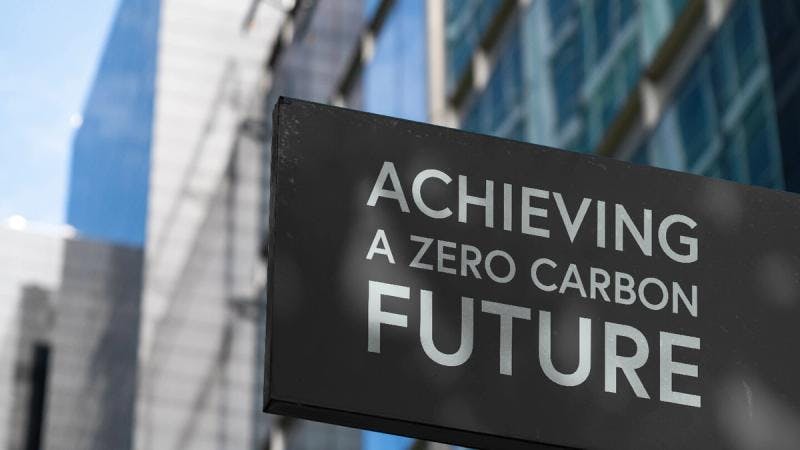Net zero commitments have increasingly occupied headlines in recent months, with scores of organizations walking back or watering down previously publicized targets. However, this is not the case for all firms. Recognizing the importance of clear and well-grounded targets for sustainability strategies and tangible performance improvement, some sustainability leaders are continuing to set net zero goals for their organizations.
Who?
Roche, a Swiss multinational pharmaceutical and biotechnology provider.
What particular challenges do they face?
Roche needs to significantly reduce greenhouse gas (GHG) emissions across its operations and value chain to align with the 1.5°C warming limit of the Paris Agreement. Approximately 95% of Roche’s GHG footprint comes from Scope 3 emissions, which are much harder to track and reduce than Scopes 1 and 2.
What did they do?
Roche has set long-term and short-term GHG reduction targets from a 2022 baseline, which have been validated by the Science Based Targets initiative (SBTi).
What goals did they set?
- Long-term goals.
Achieve net zero emissions across its operations and value chain by 2045. This is set to include a 90% absolute reduction in emissions, with the remaining 10% neutralized through permanent carbon removal methods. - Short-term goals.
To achieve a 70% absolute reduction in Scope 1 and 2 emissions by 2029, as well as a 22.5% reduction in Scope 3 emissions. Roche is also aiming to utilize 100% sustainable electricity by the end of 2025 – having reached 86% at the end of 2024.
Where you can find out more:
For more, read Roche’s press release about its net zero targets.






